Former Peace Corps volunteer and educator Samuel F. McPhetres had a long, remarkable career that took him to some of the world’s interesting locations, including Saipan, where he left an indelible mark as an archivist of Micronesian history.
The son of an Anglican priest in Durango, Colorado, Sam, as he was known to his friends and colleagues on Saipan, was instilled with a spirit of service from a young age. This sense of purpose fueled his decision to join the Peace Corps, becoming one of the first volunteers in President John F. Kennedy’s initiative. “It just hit me,” he recalled of his decision.
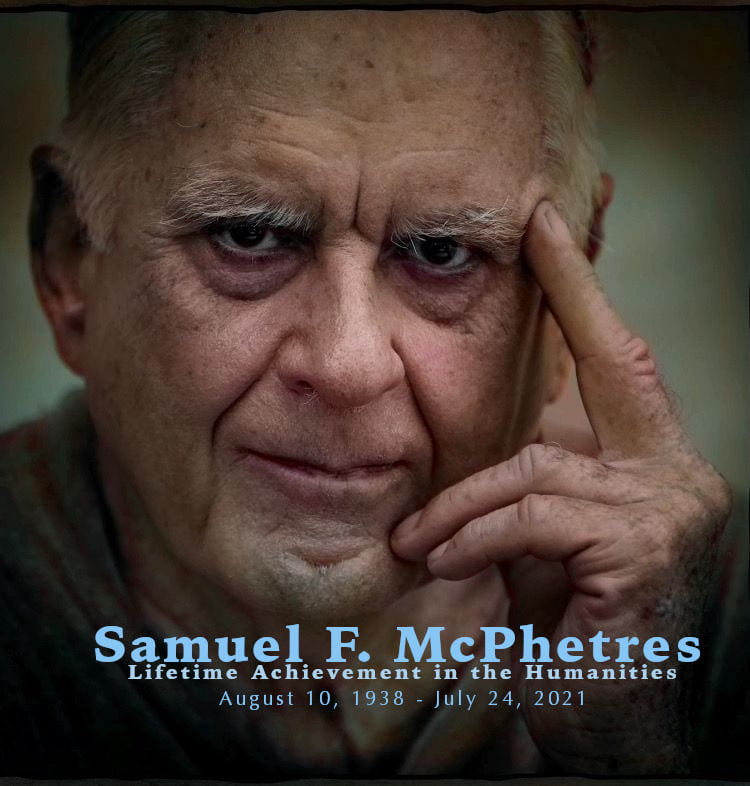
His career path was shaped by a thirst for adventure and a deep desire to immerse himself in different cultures. Following his Peace Corps service in Ecuador (1962-1964), he returned to the United States to teach at Cardozo High School in Washington D.C. However, the call of international service proved too strong, and he rejoined the Peace Corps, serving in Ivory Coast (1966-1968) and Somalia (1969).
A core belief for him was that fluency in the local language was key to understanding a culture. He made a point of learning the language wherever he was stationed, believing it to be “a good passport into the culture and the community.”
Political upheaval in Somalia forced his evacuation, leading to a reassignment to Chuuk, Micronesia. He thrived in this new environment, later reflecting fondly, “I liked it very much. I learned very passable Chuukese.”
His commitment to Micronesia deepened when he joined the Trust Territory government on Saipan. Working in public affairs, he later transitioned to the role of archivist. It was during this time that fate intervened. In the aftermath of a typhoon, he stumbled upon a treasure trove of historical records slated for destruction. These documents, spanning the period from 1944 to 1952, chronicled a critical era in Micronesian history. Recognizing their immense significance, he spearheaded a microfilming project, ensuring their preservation for future generations. The resulting microfilm collection is now housed in archives at the Northern Marianas College, the University of Hawaii, and government offices in the Federated States of Micronesia, Palau, and the Marshall Islands.
Sam’s archival work yielded fascinating insights into Micronesian culture and governance. A prime example was his discovery of the Trust Territory’s inappropriate use of the California state code for legal matters. This revelation led to the development of a legal framework that was more culturally sensitive. Another discovery, a box filled with anthropologists’ letters containing observations on island customs and traditions, was tragically lost. This loss remained a source of regret for him.
Beyond his passion for archiving, Sam envisioned documenting his experiences in a series of books. He had planned to delve into the Trust Territory era, exploring how political decisions shaped the Commonwealth of the Northern Mariana Islands (CNMI). The economic consequences of globalization were another area of interest, particularly the decline of the garment industry, which he believed stemmed from decisions made during the establishment of the World Trade Organization. His firsthand knowledge of this industry would have provided a valuable perspective on this critical economic shift.
Sam passed away on Saipan, on July 24, 2021. He is survived by his former wife, Agnes Manglona, whom he met while stationed in Chuuk, and their children, Josephine, and Samuel Jose and their respective families.
Agnes, who came under the tutelage of the Mercederian Sisters, is among the first women in the Northern Marianas to earn a college degree, and who would later become the president of the Northern Marianas College.
Samuel F. McPhetres’s life embodied a dedication to service, cultural understanding, and historical preservation. His legacy will endure in the Micronesian archives he safeguarded and the stories waiting to be told.



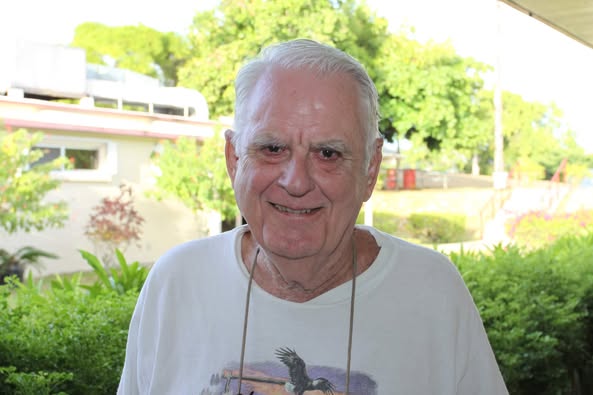
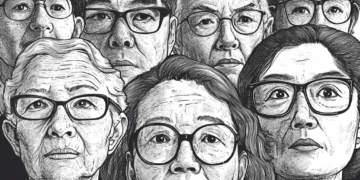

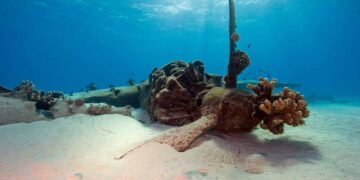
![An 1899 Puck Magazine cartoon shows Uncle Sam lecturing four children labelled Philippines (who appears similar to Philippine leader Emilio Aguinaldo), Hawaii, Porto[sic] Rico and Cuba in front of children holding books labelled with various U.S. states. In the background are an American Indian holding a book upside down, a Chinese boy at the door and a black boy cleaning a window.](https://houseoftaga.com/wp-content/uploads/2024/02/School_Begins_Puck_Magazine_1-25-1899-360x180.jpg)
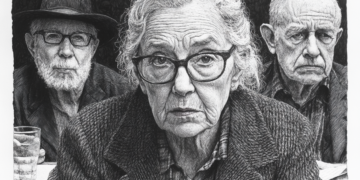
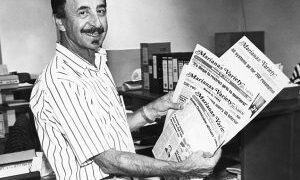



Discussion about this post